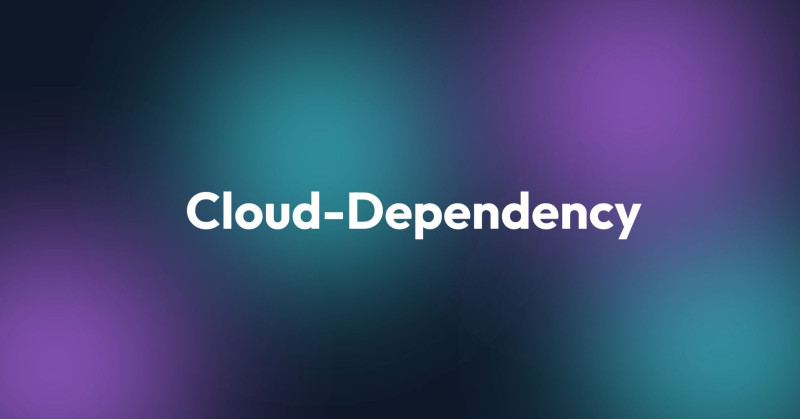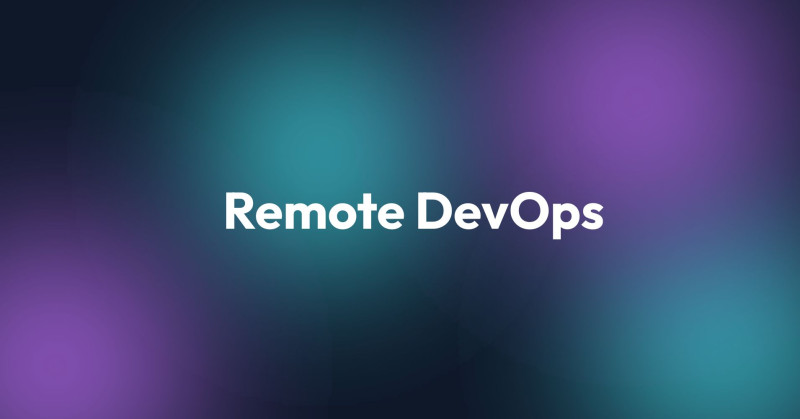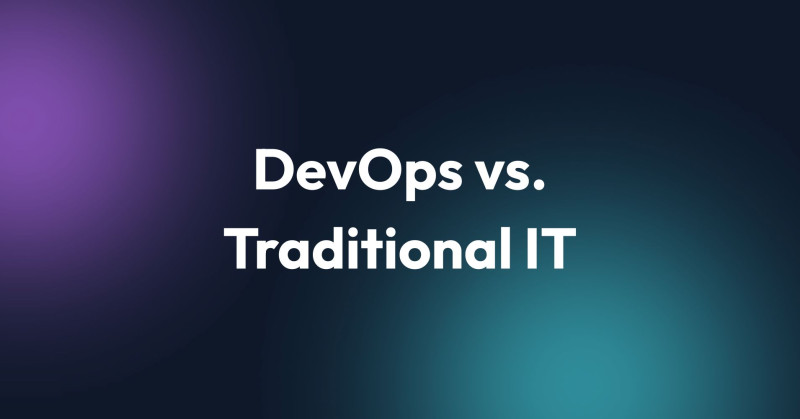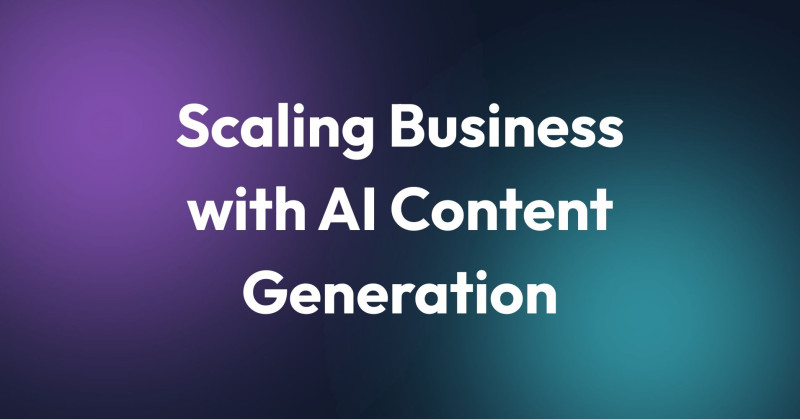Today, fast and accurate customer support isn’t just a nice-to-have - it’s a conversion and retention driver. Enter AI agents: intelligent systems capable of understanding, routing, and resolving customer inquiries without human intervention. Leading e-commerce brands are already using them to automate up to 80% of their support traffic. Here’s how they do it.
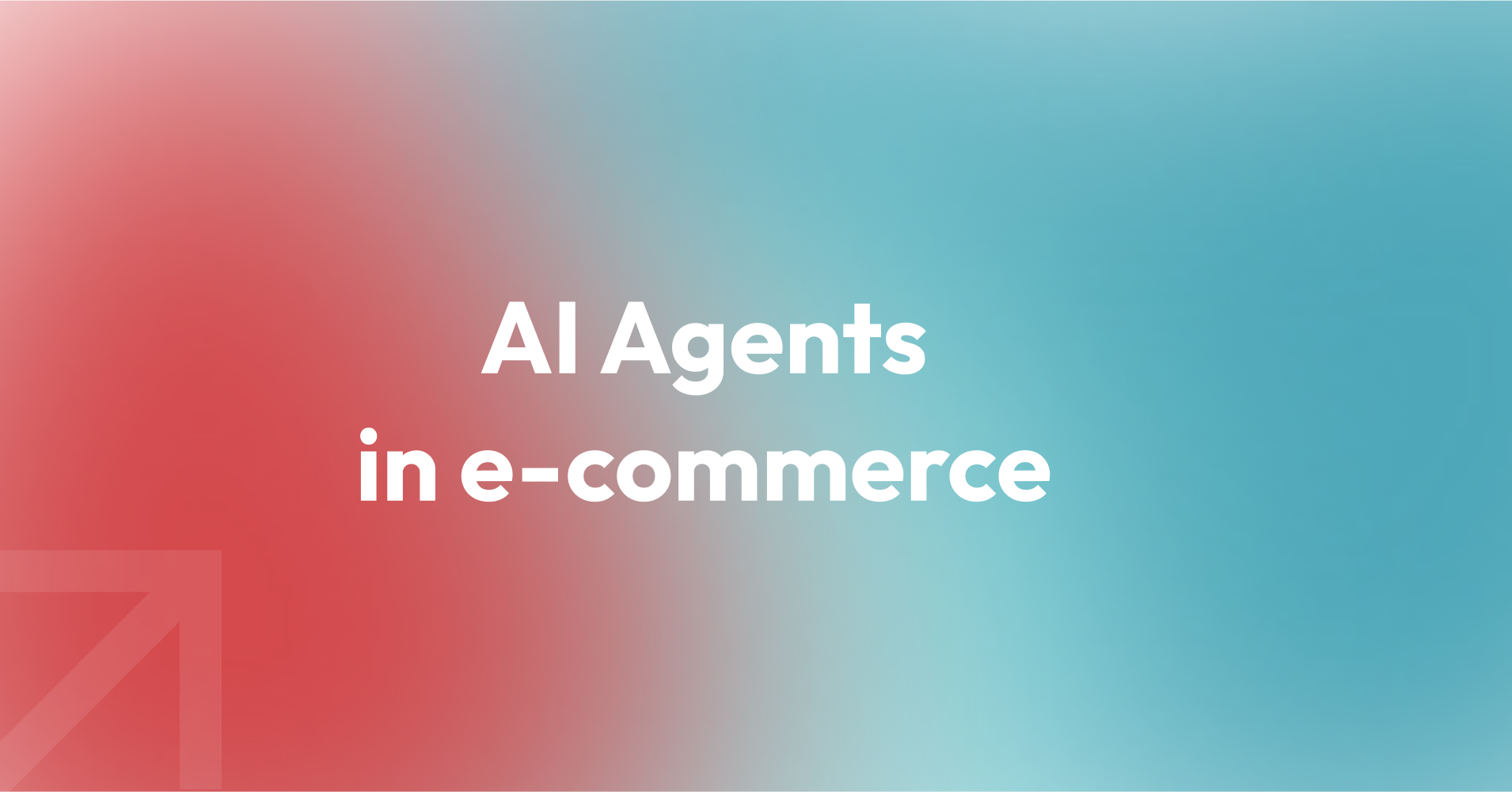
Why AI Agents Are a Game-Changer for E-Commerce
Modern e-commerce platforms deal with thousands of daily interactions: order tracking, refunds, product questions, delivery issues. AI agents can:
Instantly respond to repetitive questions
Understand intent and escalate only complex cases
Operate 24/7 with consistent tone and accuracy
Stat: According to a 2024 HubSpot study, companies using AI agents saw a 25–45% drop in first-response time and saved up to $1M annually in support costs.
How AI Agents Work
AI agents combine Natural Language Processing (NLP), retrieval-augmented generation (RAG), and integration with internal systems:
NLP allows agents to interpret user intent from free-text input.
RAG pipelines pull product data, FAQs, and policies to generate accurate, brand-aligned answers.
Integrations (CRM, OMS, logistics APIs) let agents fetch real-time order status or initiate actions.
These agents can be deployed on live chat widgets, in-app messengers, email, or voice channels.
MVP Approach: Building an AI Agent for Your Brand
You don’t need to go full-scale on day one. Here’s how to start:
Identify top inquiry types: Focus on 3–5 categories like tracking, returns, product availability.
Use a hybrid model: Combine LLMs with rule-based fallbacks for safety.
Deploy via API: Integrate into existing chat systems (Intercom, Zendesk, Shopify inbox).
Monitor and iterate: Use transcripts and feedback to refine responses.
A lean AI agent MVP can be built in 4–6 weeks with a product owner, backend dev, and an LLM engineer.
Key Implementation Considerations
Tone of voice: AI must reflect your brand's personality.
Hallucination control: Limit answer scope with retrieval and pre-approved phrasing.
Escalation rules: Complex or sensitive inquiries should be routed to humans.
Multilingual support: Many LLMs now support 20+ languages out-of-the-box.
Case Example: Fashion DTC Brand
A mid-size fashion retailer implemented an AI agent to handle tracking, returns, and size guides. Within two months:
82% of chats were resolved without human input
CSAT scores held steady at 4.7/5
Average handling time dropped by 60%
Why Now Is the Right Time
AI agent tooling is mature: off-the-shelf APIs (OpenAI, Cohere, Claude), open-source frameworks (LangChain, Rasa), and orchestration tools (AutoGen, CrewAI) make it easier than ever. Consumer expectations for instant, accurate service are rising. Automating support isn’t just about saving money — it’s about staying competitive.
Final Thoughts
E-commerce brands looking to scale support without scaling headcount should strongly consider AI agents. With a thoughtful MVP, quick wins are achievable in under two months. The key: start small, iterate fast, and align tightly with your brand’s voice and customer needs.
FAQ
How much of customer support can AI agents realistically automate?
Top-performing AI agents can resolve 70–85% of standard inquiries such as order tracking, refunds, delivery status, and product availability.
Which platforms are best for deploying AI agents in e-commerce?
Popular options include Shopify, Magento, WooCommerce, Intercom, Zendesk, and custom-built storefronts with API access.
How long does it take to implement an AI agent MVP?
Typically 4–6 weeks, depending on the complexity of integrations and volume of content to ingest.
Can AI agents handle multiple languages?
Yes, most modern LLMs support 20+ languages with fluent intent recognition and localized responses.
What’s the ROI for using AI agents in customer support?
Brands report 30–50% reduction in support costs, faster resolution times, and improved CSAT, especially during peak seasons.

